Environment
State-Wide Operation in Kerala to Address Human-Wildlife Tensions
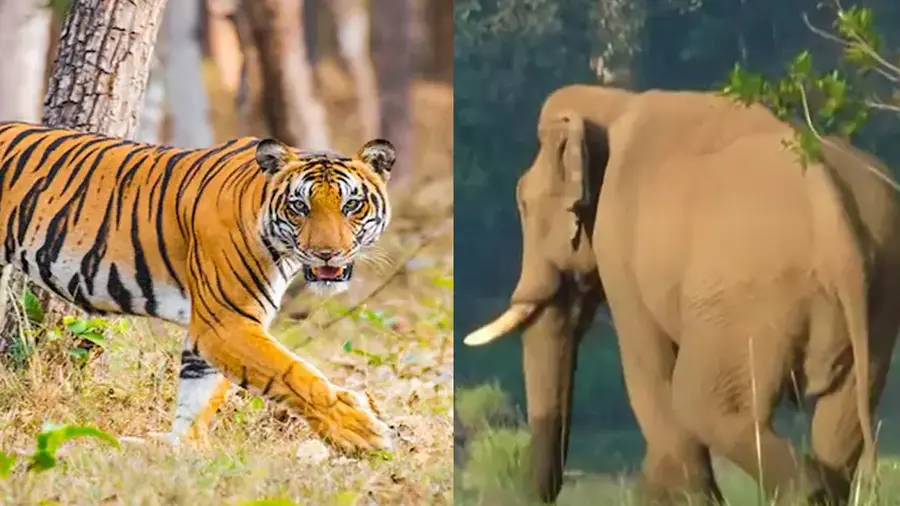

Web desk
Published on Sep 01, 2025, 01:04 PM | 2 min read
Calicut: In response to the escalating human-wildlife conflict across Kerala, the state government has initiated a 45-day intensive programme aimed at protecting human lives and property through organised, community-based interventions. Chief Minister Pinarayi Vijayan formally inaugurated the campaign in Calicut, highlighting the urgency of addressing increasing encounters between people and wild animals in forest-adjacent regions.
The programme has 327 Primary Response Teams (PRTs), comprising 3,255 trained volunteers positioned across vulnerable areas. These teams will act as first responders in managing wildlife intrusions. Additionally, nine new Rapid Response Teams (RRTs) have been formed, supplementing the 28 existing units already active in the state.
The programme is structured in three phases. The first phase involves the establishment of Forest Department help desks at the panchayath level to register and coordinate responses to wildlife-related incidents. The second and third phases will focus on building support mechanisms at the district and state levels for more systematic intervention.
Human-wildlife conflict has intensified in 275 panchayaths, with 30 of them identified as critically affected. During his address, the Chief Minister criticised the Union Government for its lack of responsiveness, particularly its refusal to consider amendments to national wildlife protection laws that would allow state-specific solutions. He asserted that Kerala will continue to pursue independent action, including legislative measures tailored to local needs.
Forest Minister A.K. Saseendran, who presided over the function, announced that the state would move ahead with its own legal framework to manage the crisis. He emphasised that the objective is not only to respond to immediate threats but to develop long-term strategies to mitigate conflict sustainably.
The event also marked the beginning of several associated projects, including the second phase of the snake awareness and rescue programme, the release of a new eco-tourism mobile application, the continuation of the 'Gothrabheri' tribal development initiative, and the introduction of a scientific approach to managing monkey populations in residential areas.



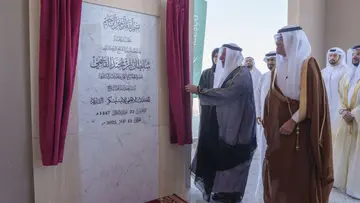
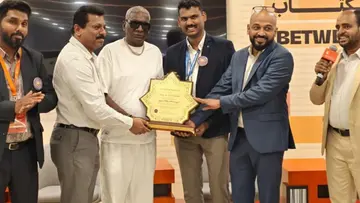
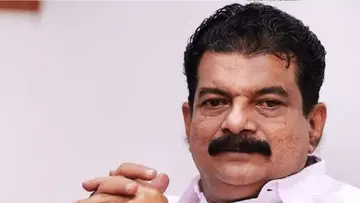

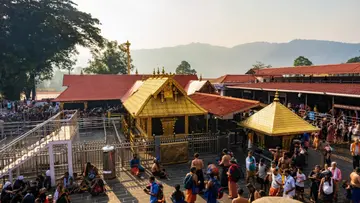


0 comments